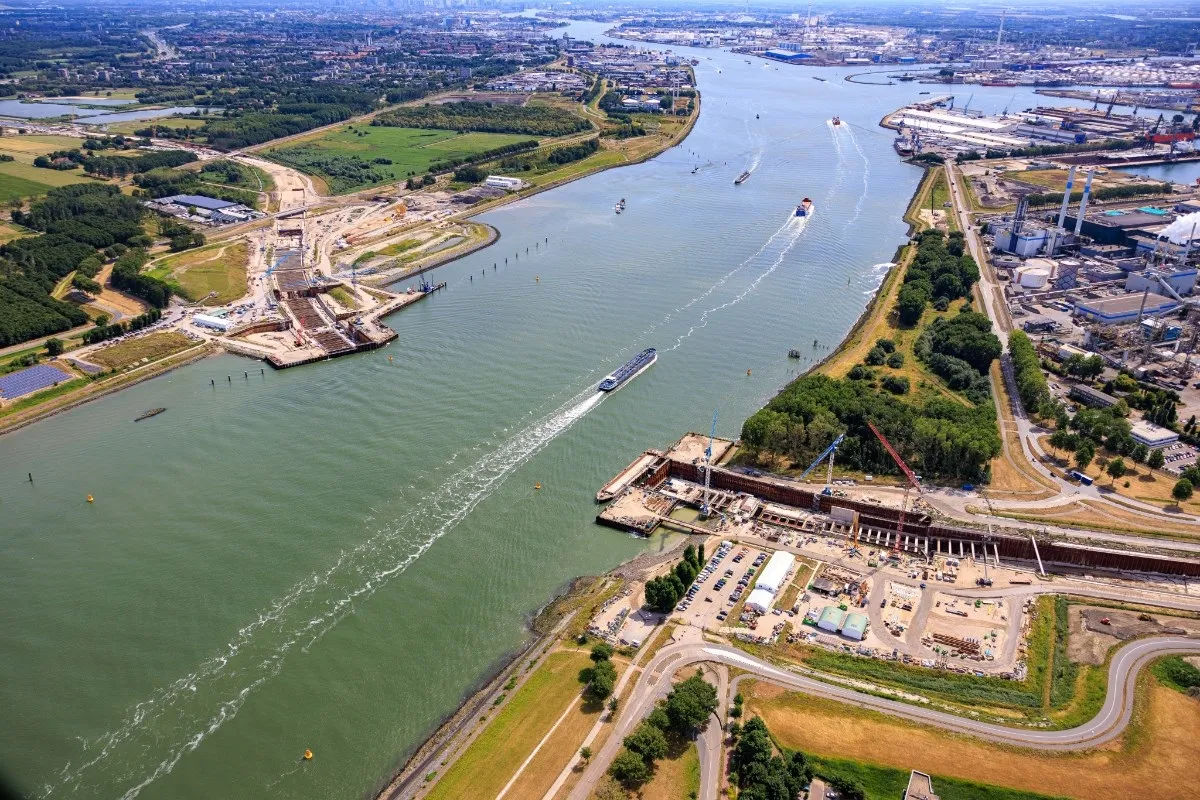Four companies, Balfour Beatty, together with Costain, Carillion and a BAM Nuttall Morgan Sindall joint venture, have been awarded the contract to upgrade a 17 mile stretch of the M60 and M62 to a ‘smart motorway’.
The US$313 million upgrade, for the UK Highways Agency, aims to increase capacity, reduce congestion and shorten journey times for motorists.
The M60 between junctions 8 and 12 will be upgraded to a controlled motorway with traffic flows managed by technology interventions responsive to the
June 19, 2014
Read time: 2 mins
Four companies, 3902 Balfour Beatty, together with 2002 Costain, 7813 Carillion, 7815 BAM Nuttall and 7814 Morgan Sindall joint venture, have been awarded the contract to upgrade a 17 mile stretch of the M60 and M62 to a ‘Smart motorway’.
The US$313 million upgrade, for the1841 UK Highways Agency, aims to increase capacity, reduce congestion and shorten journey times for motorists.
The M60 between junctions 8 and 12 will be upgraded to a controlled motorway with traffic flows managed by technology interventions responsive to the volume of traffic on the network. The M62 between junctions 18 and 20 will become a four-lane, all-lane running motorway by adapting the hard shoulder for continuous use and using electronic signs to manage traffic flows.
Balfour Beatty executive chairman, Steve Marshall said: “We have been working with the Highways Agency for twenty years and look forward to building on that successful relationship. This scheme will benefit the 180,000 road users that pass through this section of the motorway network every day. We are committed to lead this project in a collaborative way with our partners, employing local people and businesses in our supply chain.”
The US$313 million upgrade, for the
The M60 between junctions 8 and 12 will be upgraded to a controlled motorway with traffic flows managed by technology interventions responsive to the volume of traffic on the network. The M62 between junctions 18 and 20 will become a four-lane, all-lane running motorway by adapting the hard shoulder for continuous use and using electronic signs to manage traffic flows.
Balfour Beatty executive chairman, Steve Marshall said: “We have been working with the Highways Agency for twenty years and look forward to building on that successful relationship. This scheme will benefit the 180,000 road users that pass through this section of the motorway network every day. We are committed to lead this project in a collaborative way with our partners, employing local people and businesses in our supply chain.”









